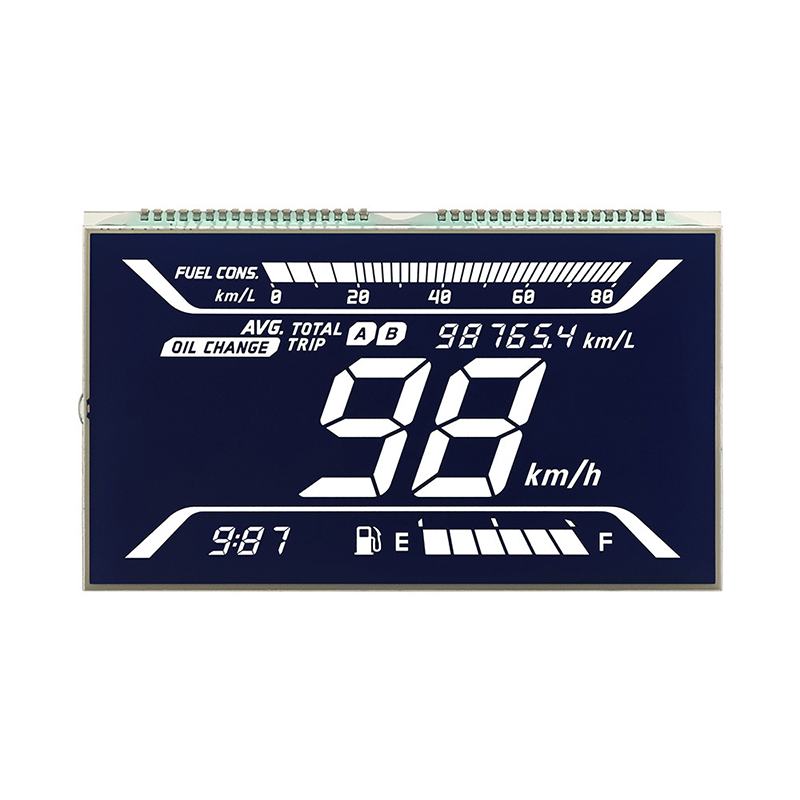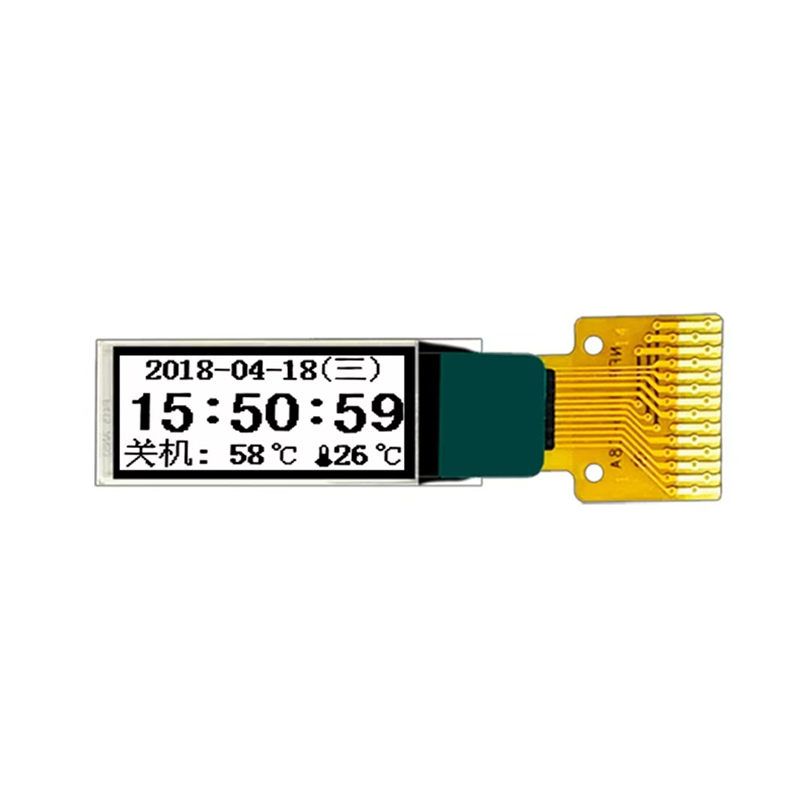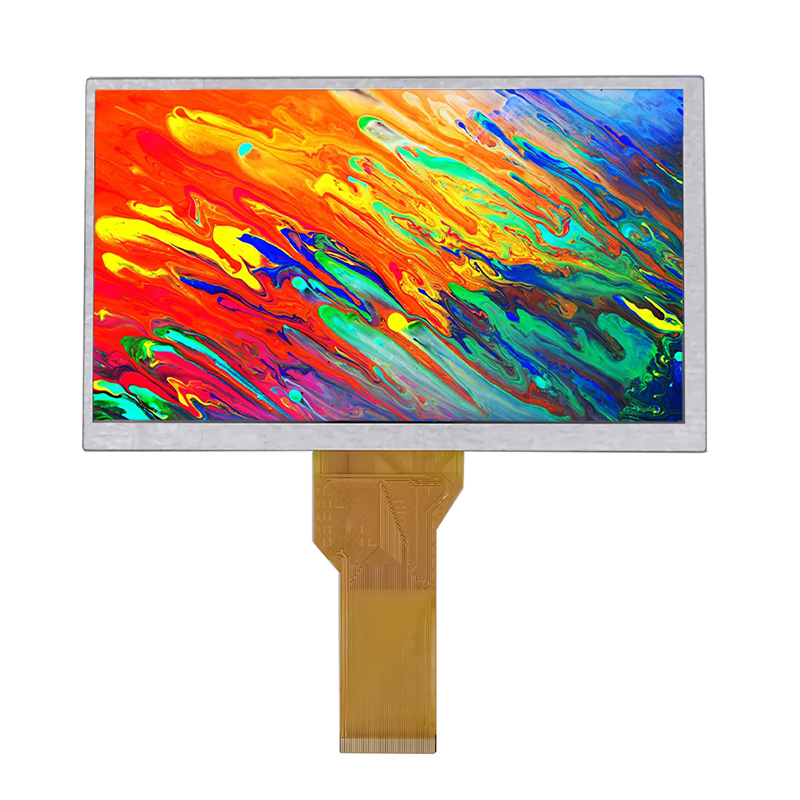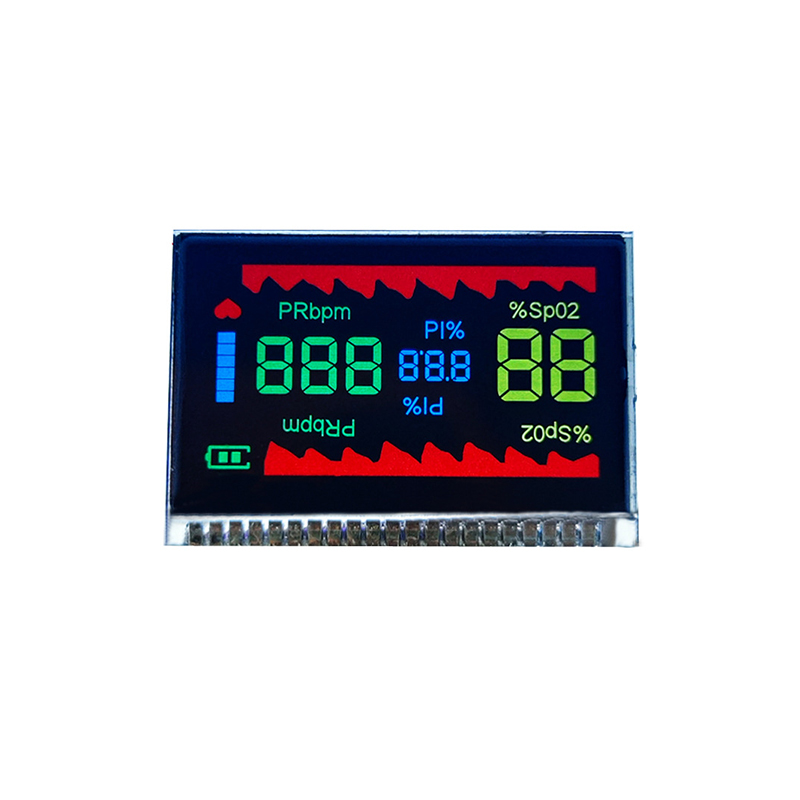
Choosing the right elevator LCD can significantly enhance the passenger experience and building aesthetics. This guide provides a detailed overview of factors to consider when selecting the best elevator LCD display for your needs, covering screen size, resolution, brightness, durability, and more. We'll also explore different types of elevator LCDs and highlight key features to look for.
Standard LCD displays are the most common type used in elevators. They offer a good balance of price and performance. Consider factors like resolution (higher is better for sharper images), brightness (crucial for visibility in various lighting conditions), and viewing angles (ensuring readability from all sides of the elevator cab). Many manufacturers offer variations with different features and price points, making it essential to specify your exact needs. For example, Dalian Eastern Display Co., Ltd. (https://www.ed-lcd.com/) is a reputable supplier that offers various options.
If your elevator is subject to bright sunlight or has high ambient light levels, a high-brightness elevator LCD is necessary for optimal visibility. These displays typically have higher lumens per square meter, ensuring clear images even in challenging lighting conditions. The increased brightness often comes at a slightly higher price point. When comparing different high-brightness displays, pay close attention to the specified brightness level (measured in cd/m2 or nits) to choose the one suitable for your environment.
For enhanced passenger engagement, interactive elevator LCD displays allow for touch screen functionality. This could involve providing building information, advertising opportunities, or interactive wayfinding. Interactive elevator LCDs generally incorporate specialized touch technology with features like gesture recognition and multi-touch capabilities. However, keep in mind the increased cost and the potential for additional maintenance requirements compared to standard displays.
Selecting the right elevator LCD involves careful consideration of several key features beyond the display type.
The optimal screen size depends on the elevator cab size. A larger screen is ideal for showcasing compelling visuals or detailed information. Resolution determines image sharpness; higher resolution delivers crisper text and images. Balance the size and resolution with your budget and the physical space available within the elevator.
As mentioned earlier, brightness is crucial for visibility. Wide viewing angles ensure readability from various positions within the elevator car. These features are particularly important in elevators with large windows or those experiencing varying lighting conditions throughout the day.
Elevators experience vibration and constant use, thus, choosing a durable and reliable display is paramount. Look for displays with robust construction and protective coverings designed to withstand harsh environments. Consider features like anti-glare coatings and impact-resistant glass for added protection.
Consider the connectivity options for content management. A seamless content update system is important for efficiently showcasing information, advertisements, or safety announcements. Simple remote control and management features are very desirable for easy maintenance and updating.
| Feature | Standard LCD | High-Brightness LCD | Interactive LCD |
|---|---|---|---|
| Brightness (cd/m2) | 250-450 | 800-1500+ | 300-700 |
| Resolution | Variable (1024x768 and higher) | Variable (1024x768 and higher) | Variable (1024x768 and higher) |
| Cost | Low to Medium | Medium to High | High |
| Durability | Moderate | High | Moderate to High |
| Interactive Capabilities | None | None | Yes (Touchscreen) |
Note: Specific specifications may vary across manufacturers and models. Always consult product datasheets for precise information.
By carefully considering these factors, you can choose the best elevator LCD to meet your specific requirements and enhance your building’s passenger experience.












